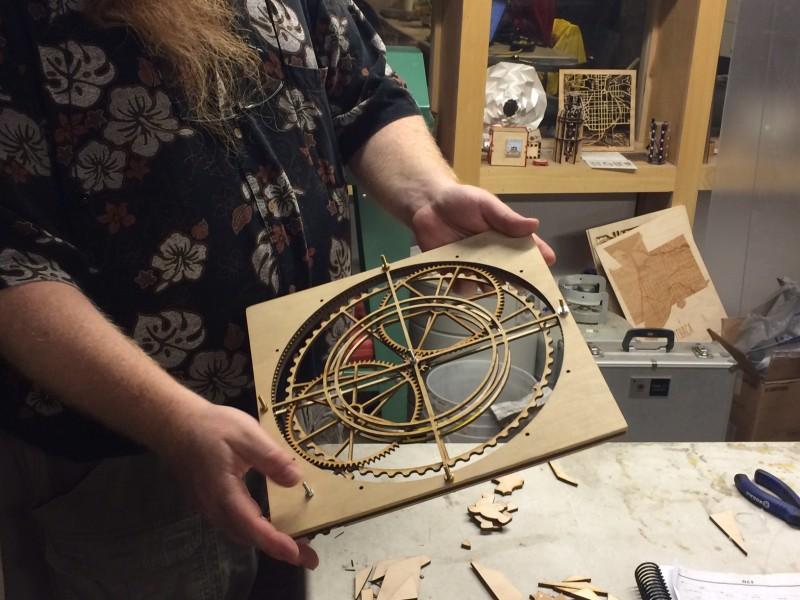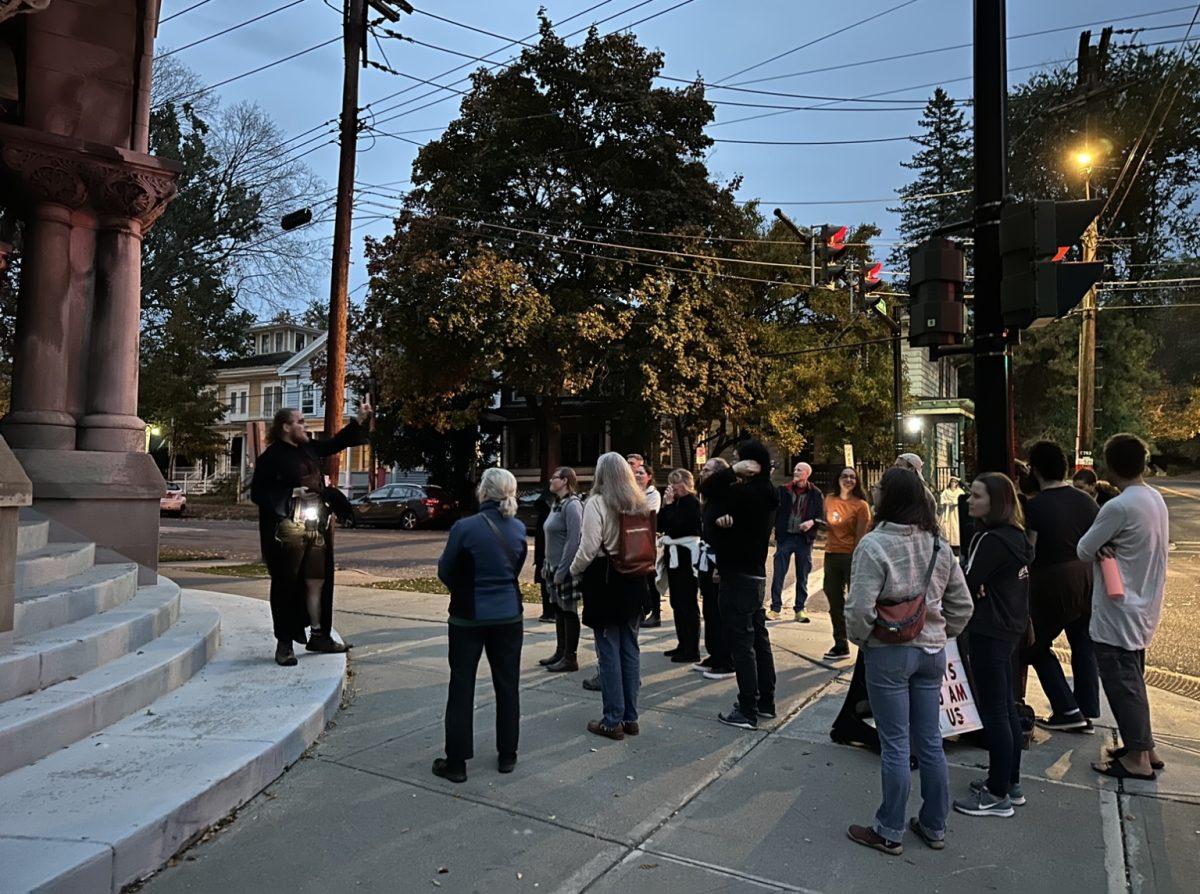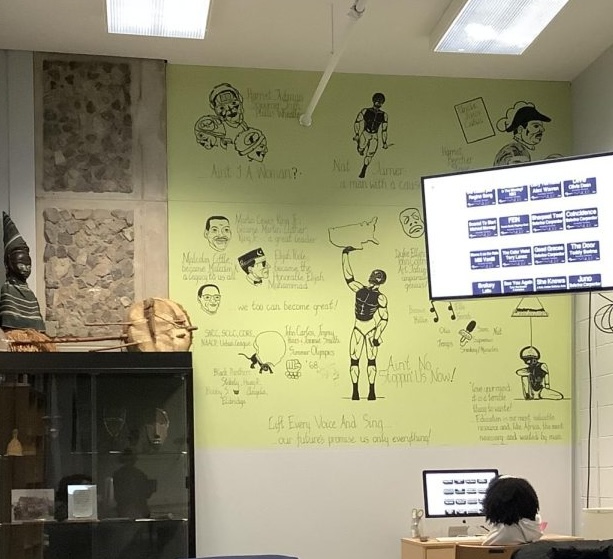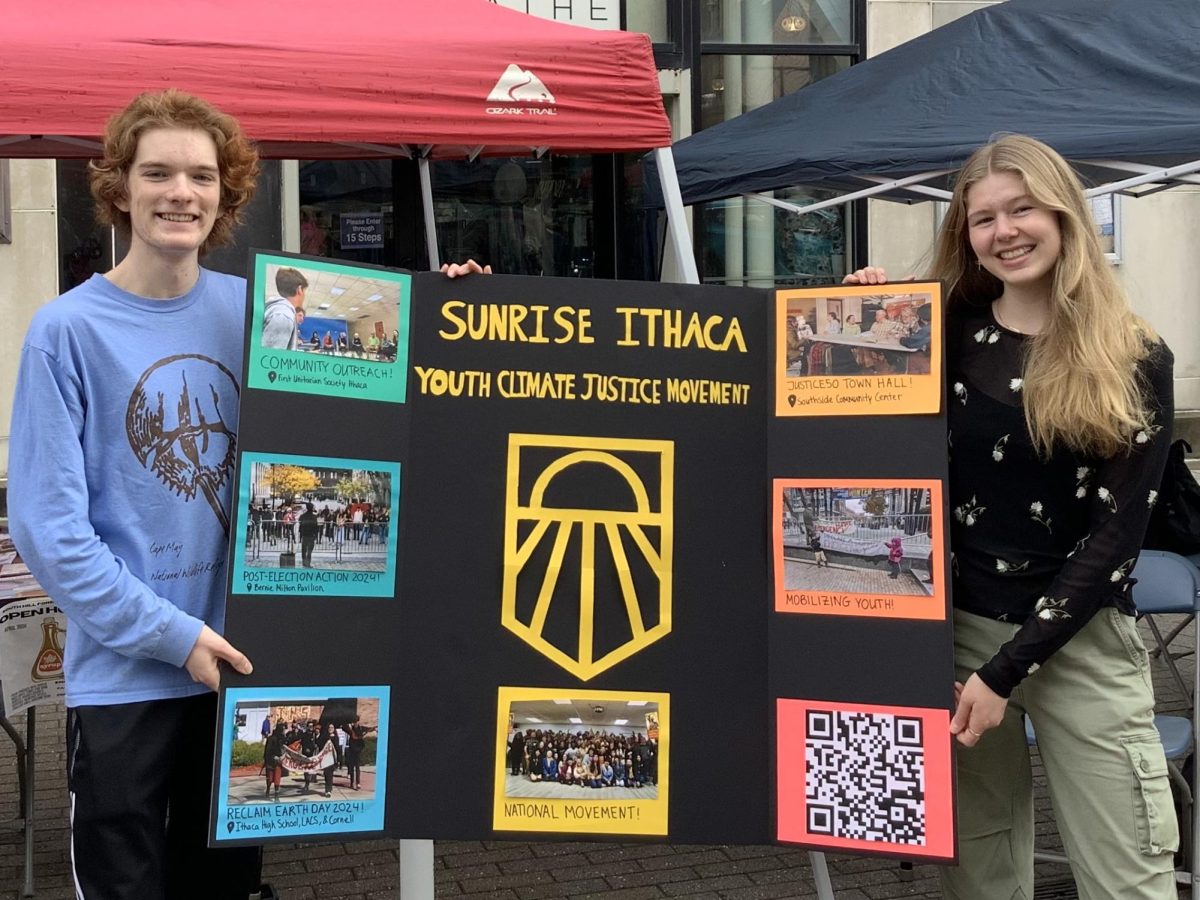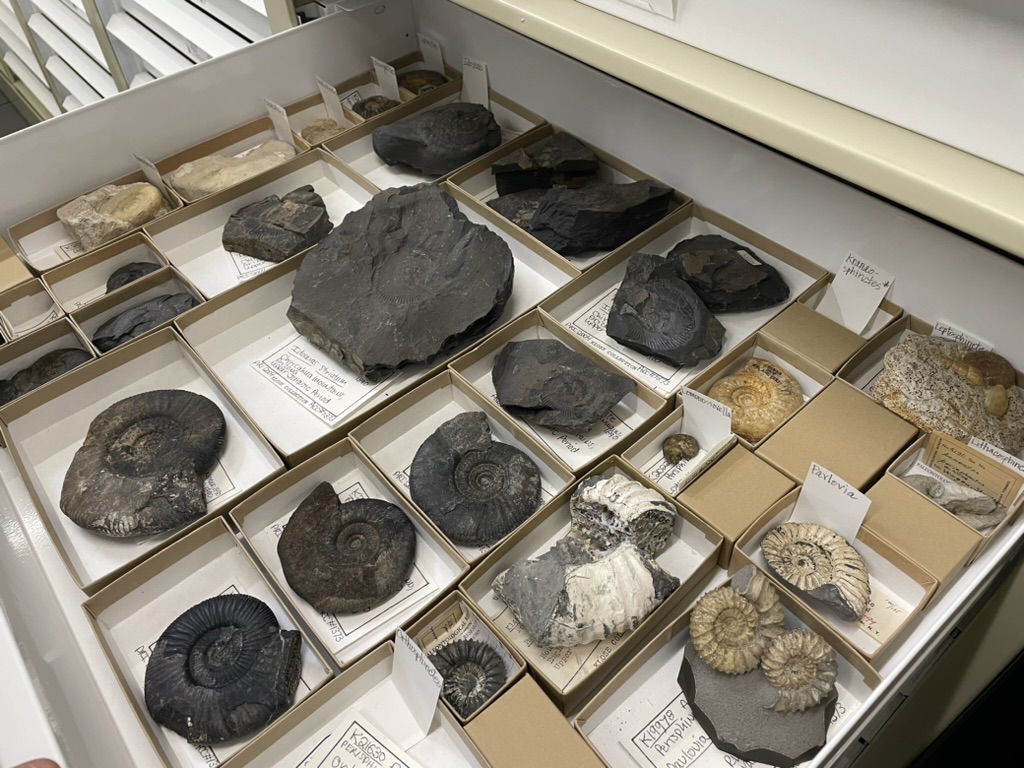Signs hang along the walls of the artificially-lit space of Ithaca Generator: “WELDING,” WOODWORKING,” “3D PRINTING,” “LASER CUTTING.” Tools hang from the walls next to tables and shelves crowded with projects and creative inventions.
Nestled in back of Press Bay Alley, Ithaca Generator provides a community space, machinery and tools for members to pursue creative interests. Whether that includes using the space’s laser cutter for a precise wooden map of the city, crafting vases with a 3D printer, or developing new software, Ithaca Generator works to create a community space for inventors, technicians and artists to further develop their creative ventures.
“We are here to help people make things,” said Buddha Buck, founding member and membership coordinator of Ithaca Generator. “We endeavor to provide a space and tools so that people can make stuff that they can’t make at home. We provide teaching and instruction so people can learn how to make things that they don’t know how to make.”
Ithaca Generator is a recognized non-profit created for, and maintained by, local creatives interested in utilizing the space and community through the organization’s membership program. Memberships start at $20 per month for a basic package, which provides access to the Generator space during staffed hours and access to tools that do not require training as well as the laser cutter that does require training. More advanced packages provide access to the full tool inventory and may include 24-hour access to the space.
“We basically have two rooms,” said Greg Armstrong, a member of the board of directors at IG. One room is for quieter, cleaner and safer equipment, housing the 3D printers, a computer and a table. “That room is for louder, dirtier-ish things; more dangerous,” he added, pointing through a plexiglass dividing wall adorned with all sorts of handheld projects, including a 3D-printed hand and intricate, laser-assisted origami.
Even without a membership, community members have an opportunity to engage with Ithaca Generator through regularly hosted classes including welding, 3D printing, woodworking and coding. The classes can range from a single day to a six-week in-depth program, with most classes needing nothing more than an interest in trying it out.
“There are definitely different people with different interests,” Buck said. “One of the things about Ithaca is there a lot of artisans in the area. And we have gotten a certain amount of support from artisans in the area who think this is a great idea.”
While many artists have expressed support for the work of the Generator, Buck said few established artisans purchase memberships, as many have their own workspaces. The space is intended largely for hobbyists, creatives, and inventors looking for extra tools and space.
“One of my particular passions is work to turn ideas and design into viable products,” Armstrong said. “…That’s something that I do and the Generator supports by letting you do it here, but it’s not like an official part… the whole commercial aspect of ‘making’ isn’t necessarily a core aspect of the Generator.”
Nevertheless, multiple commercial ventures have early roots in Ithaca Generator. Local electric and cargo bike store, Boxy Bikes, started right around the same time as Ithaca Generator, with Laurence Clarkberg being a founding member of IG and the current owner of Boxy Bikes.
“We shared resources such as space and tools,” Clarkberg said. “Last year I got help at IG developing a 3D-printed bike light prototype. I am currently developing a laser-cut wooden bike basket. And I am working with two other members to develop a solar-powered ebike charging station.”
Clarkberg is still involved as the welding instructor at IG and plans on building bike frames with his welding students.
Before Ithaca Generator was a hub for 3D printing and artistic laser cutting, it was a storage space for the Ithaca Journal. In 2012, a group of locals interested in providing resources and space for creative ventures leased the location, opening it to the public by the end of the year. The space, which plays hosts to 30 or 40 members is run almost completely on a volunteer basis.
“No one gets paid except our landlord,” Buck said with a laugh.

